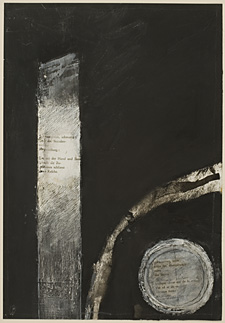The Gap in the Law and the Border-Breaching Function of the Exception
DOI:
https://doi.org/10.5399/uo/konturen.1.1.1261Abstract
This paper evaluates the status and function of the border in the two polemics that bookend the long history of political theology: Paul’s polemic against the Jewish law, and Carl Schmitt’s critique of constitutional liberalism. Paul and Schmitt both challenge spatial notions of law that establish a boundary between an “inside” and an “outside” by topologizing “inside” and “outside” as continuous: through the “fulfillment of the law” in Paul, and through the strategy of sovereign exception in Schmitt. Schmitt even describes sovereignty as a “border concept,” a Grenzbegriff: a concept that pertains to borderline cases, but perhaps at the same time a concept of the border, one that proposes a particular interpretation of the border and its logical function. The essay argues that Schmitt’s contribution to the logical problem of law as border is to claim that the border need not be written, and that the sovereign exception is not of the order of a writing, but a “miracle” that is by nature unwritten and unwritable.
The Hebraic tradition of law that is the object of Paul’s polemic offers another way of considering the border, as the function of the written law. It conceives of law not as a normative representation of an existing situation, but as the delimination of a space or gap that may not be transgressed. While the fulfillment of the law and the sovereign exception bypass the limit implied in the law, offering a topological interpretation of the border as what integrates “inside” and “outside” into a new whole, the Hebraic law aligns the border with the logical function of negation. The essay approaches these different accounts of the border by way of Lacan’s distinction between the imaginary and symbolic dimensions of law. The imaginary is the “incarnated” dimension of law, while the symbolic corresponds to the function of speech as a barrier or limit, and involves a spacing and negation, the introduction of a gap or emptiness that precludes anything like a “whole.”

